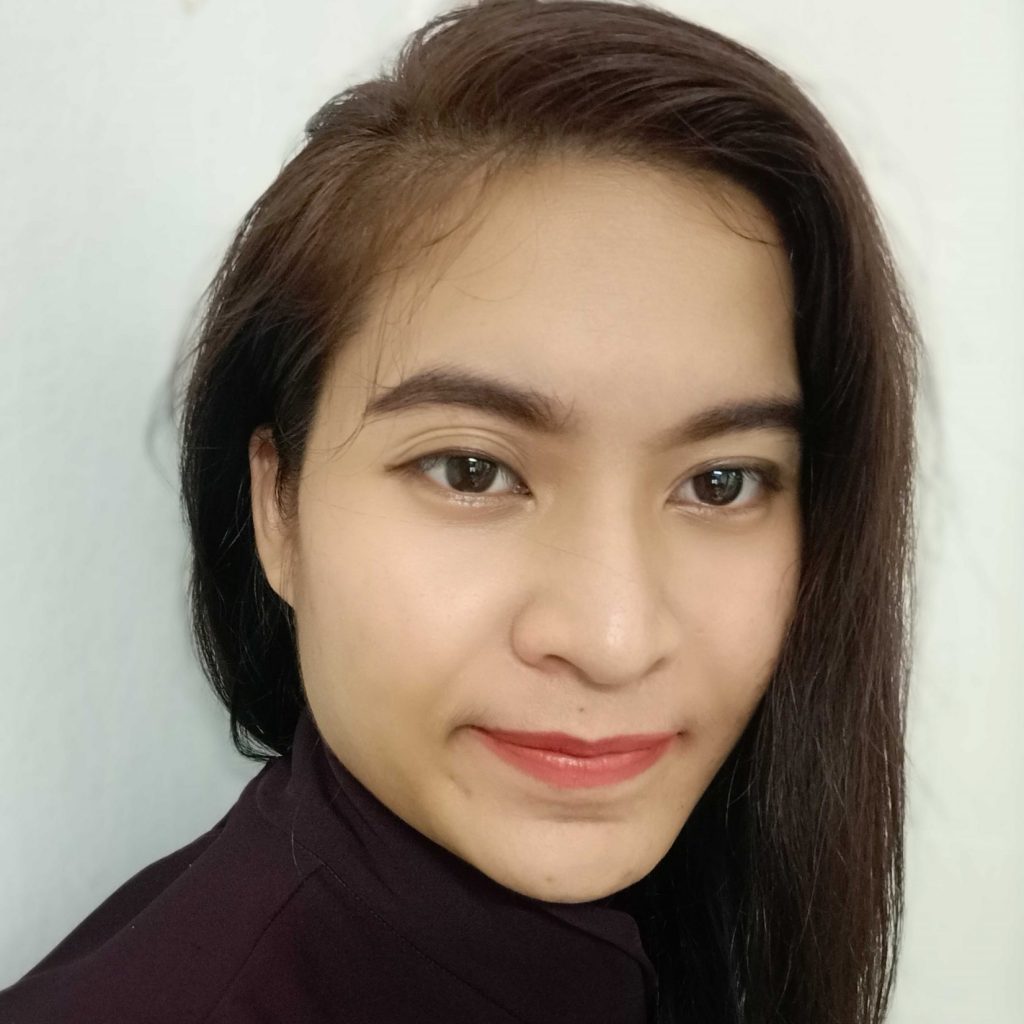BioSIM welcomes a new PhD Student, Duangnapa Kiriwan from Thailand. She will develop her PhD studies at BioSIM, with the supervision of Sérgio F. Sousa. She is a PhD student of the PhD Program in Sustainable Chemistry, and her thesis will focus on the Rational Development of Microbial Nanowires.

Microbial nanowires are electrically conductive appendages that are naturally produced by specific bacteria, particularly of the Geobacter and Shewanella genera that have been implicated in extracellular electron transport with application in bioenergy production and bioremediation. The electrical conductivity of these natural protein-based filaments is extremely appealing for the development of nanodevices, including biosensors and other bionanoelectronic applications, such as artificial neurons, with much higher biocompatibility than the traditionally used silicon nanowires. This project will take advantage of the new methodological developments in the biomolecular simulation field, of the increase in computational power, and of the new structural and functional results on OmcS and OmcZ Geobacter sulfurreducens filaments to study the molecular basis for short- and long-distance electron transfer along these filaments and to rationally engineer mutant forms of these cytochromes with improved electron transfer efficiency and functionality.
